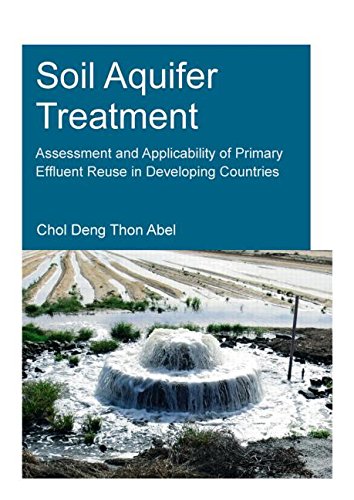

Most ebook files are in PDF format, so you can easily read them using various software such as Foxit Reader or directly on the Google Chrome browser.
Some ebook files are released by publishers in other formats such as .awz, .mobi, .epub, .fb2, etc. You may need to install specific software to read these formats on mobile/PC, such as Calibre.
Please read the tutorial at this link: https://ebookbell.com/faq
We offer FREE conversion to the popular formats you request; however, this may take some time. Therefore, right after payment, please email us, and we will try to provide the service as quickly as possible.
For some exceptional file formats or broken links (if any), please refrain from opening any disputes. Instead, email us first, and we will try to assist within a maximum of 6 hours.
EbookBell Team

5.0
88 reviewsClimate change, rapid population growth and urbanization are causing water shortage and pollution, especially in arid and semi-arid regions of the world due to the growing demand in different sectors and disposal of inadequately treated wastewater to water bodies. To tackle these challenges, further treatment and reuse of wastewater effluent using soil aquifer treatment (SAT) is an attractive cost-effective and environmentally friendly option that is employed with no intensive use of electricity and chemicals.
This study highlights the prospects of using SAT for treatment and reuse of primary effluent (PE), especially in developing countries where wastewater is not treated to secondary and tertiary effluent levels due to lack of investment and operation costs to run sizable wastewater treatment plants (WWTPs). Coupled with experimental studies that show SAT efficiency to remove suspended solids, bulk organic matter, nutrients and pathogens indicators from PE, the thesis provides step-by-step tools that could be used for development of new SAT scheme. Furthermore, the study provides a water quality prediction model that estimates the potential contaminants removal which could be used to assess the need for reclaimed water post-treatment.
This thesis is envisaged to contribute to the current knowledge on the necessity of water reuse.